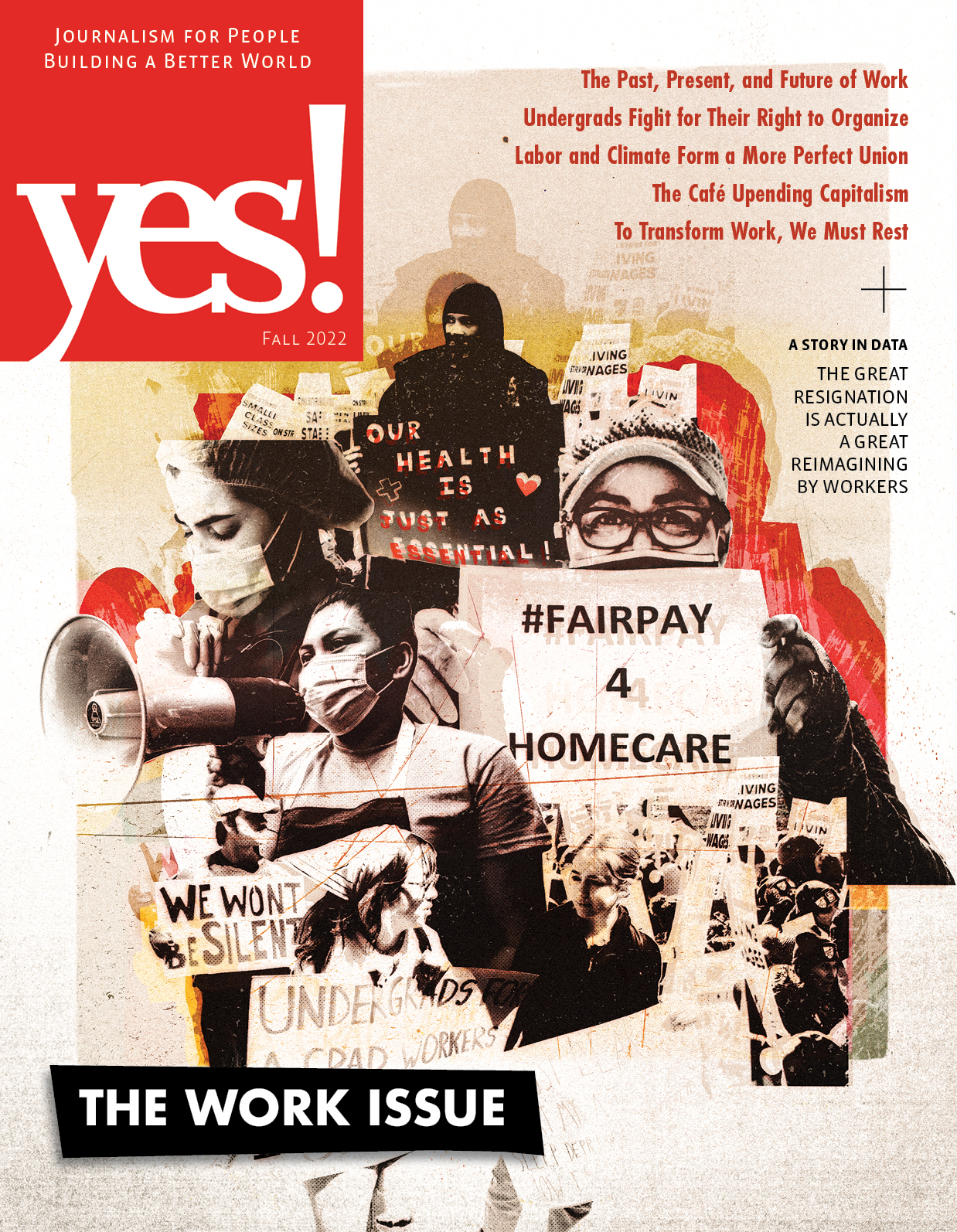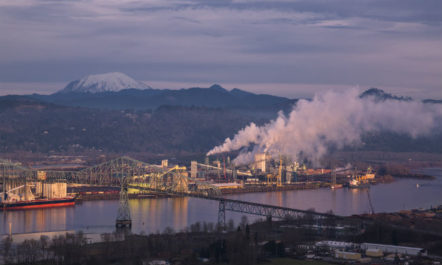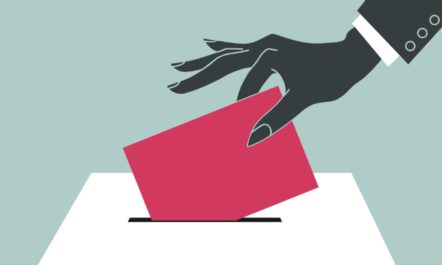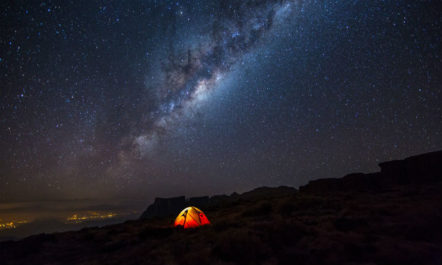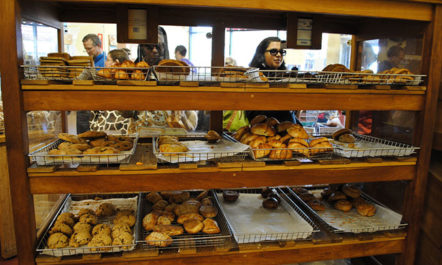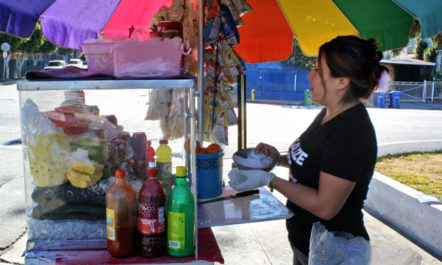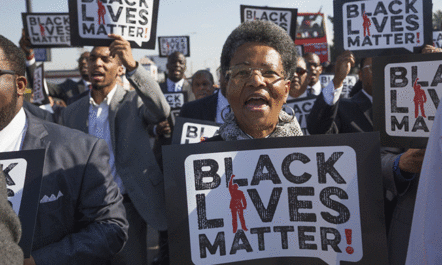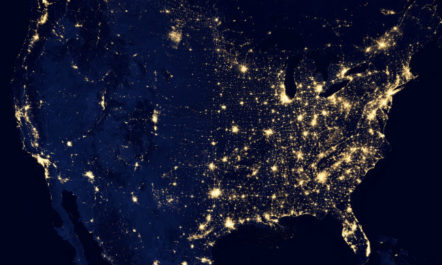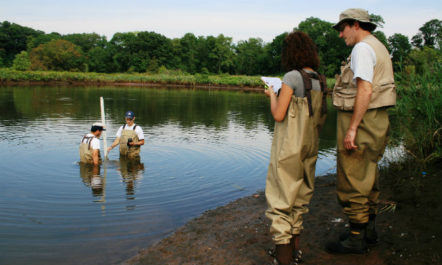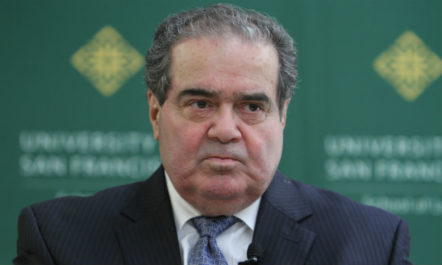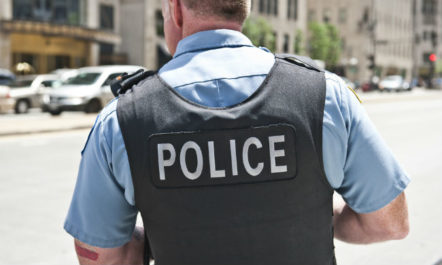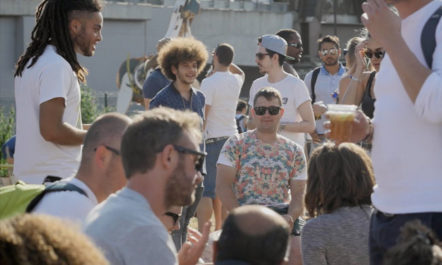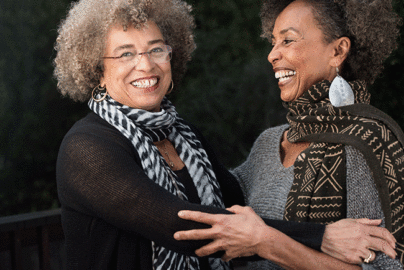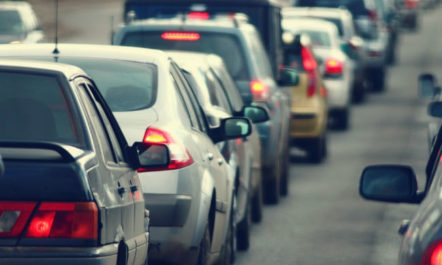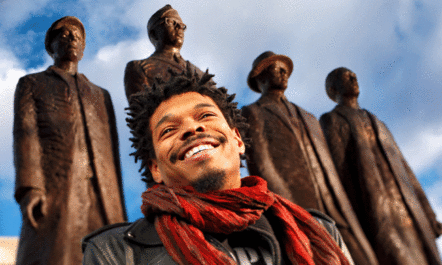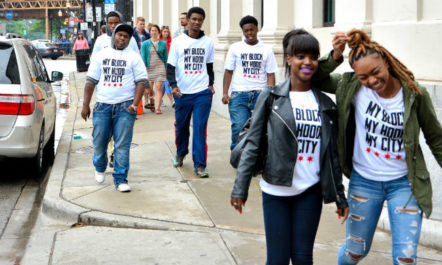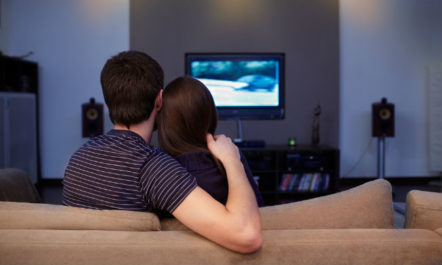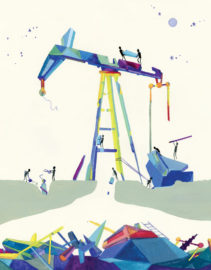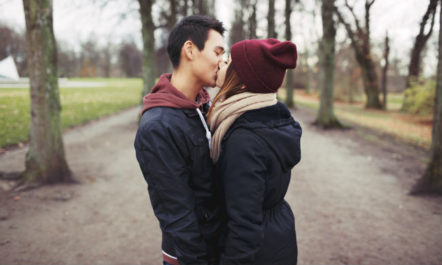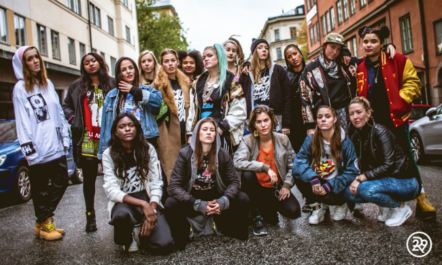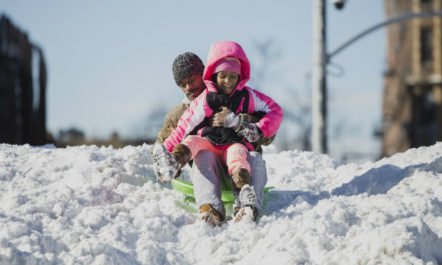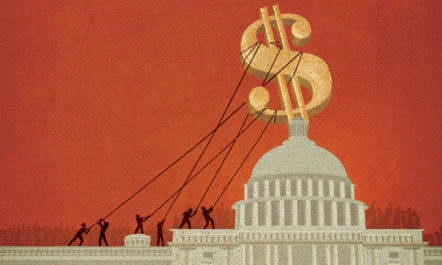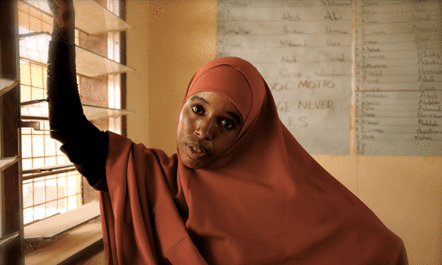A port commission vote against a proposed $1.2 billion oil refinery in a Washington town proves that the people still have a voice.
The presidential race is basically an expensive hiring process with 319 million stakeholders. If businesses and government agencies go to such great lengths to eliminate gender bias in their hiring, shouldn’t we do the same for our elections?
Since the invention of electric light, the night has been getting progressively brighter. But a growing body of research shows experiencing total darkness is critical to our well-being.
A growing number of cities are investing in co-ops to keep money local and neighborhoods affordable.
Less than half the oil we consume is used for gasoline. Petroleum also goes into a bunch of everyday products. Some useful, and many we could live without.
Los Angeles is one of few U.S. cities where street trade isn’t widely permitted. But for immigrants and low-income people, it’s often the only way to earn a living.
For civil rights lawyers, litigating isn't enough. They need to engage with the struggle of black Americans firsthand.
It will take at least three decades to completely leave behind fossil fuels. But we can do it. And the first step is to start with the easy stuff.
In response to climate change, a growing number of schools are taking kids outside to show them how a warming planet affects their local environment.
Justice Scalia was a thorn in the side of the environmental movement. Now that his seat is up for grabs, the Supreme Court could be in position to make serious gains for the climate.
To create meaningful change, we must look beyond high-profile cases and ask why certain police-civilian encounters occur at all.
We asked this East Londoner how a pop-up garden brought his neighborhood together and made friends out of strangers.
"Self-care and healing and attention to the body and the spiritual dimension—all of this is now a part of radical social justice struggles."
Doomed as it may be, an oil tax is a step toward redefining energy as a public good—for which everyone pays the cost of overuse and abuse.
Irving Allen on creating an inclusive movement. “You’re not organizing unless you’re training up the next generation.”
Common mistakes made in social justice conversations and how to correct them.
In Chicago, low-income kids don’t usually have the opportunity to travel outside their own neighborhoods. My Block, My Hood, My City is changing that.
And 21 other facts you should know.
Life depends on it. Bill McKibben on the big changes we’ve already made in remarkably short order.
The rise of sexual-romantic kissing throughout history has defied cultural norms and put women in charge of romance.
In Sweden, Femtastic gives survivors of sexual violence a voice in a male-dominated music industry.
Having fewer and slower cars on the streets where we live encourages neighborliness, makes us not only feel safer but actually be safer.
A more democratic and equal election system is the first step toward a more democratic and equal economy.
Along the Kenya-Somalia border, people have been displaced for decades. A new book profiles nine Somali refugees to explain the political forces that keep them—and hundreds of thousands more—from getting out.
Despite decaying infrastructure and budget pressures, city water utilities have mostly delivered on their promise of healthy water.
Help Fund Powerful Stories to Light the Way Forward
Donate to YES! today.
